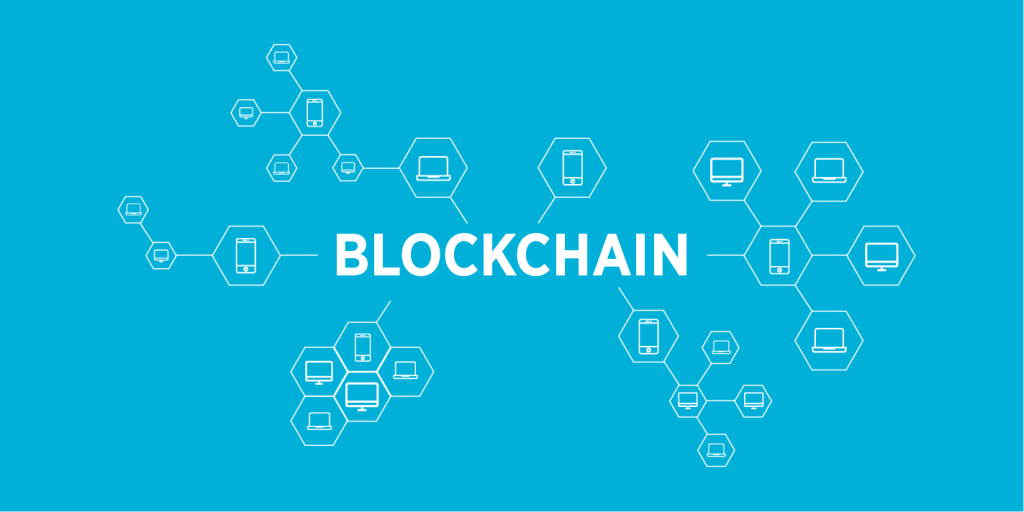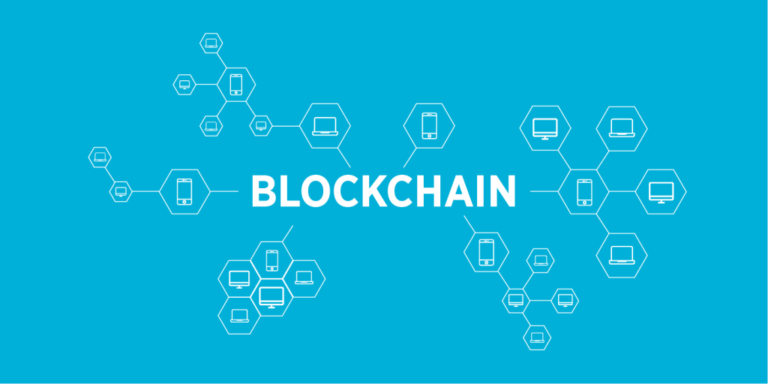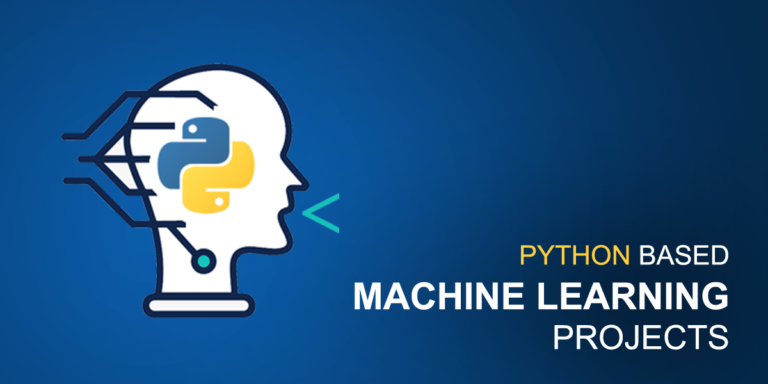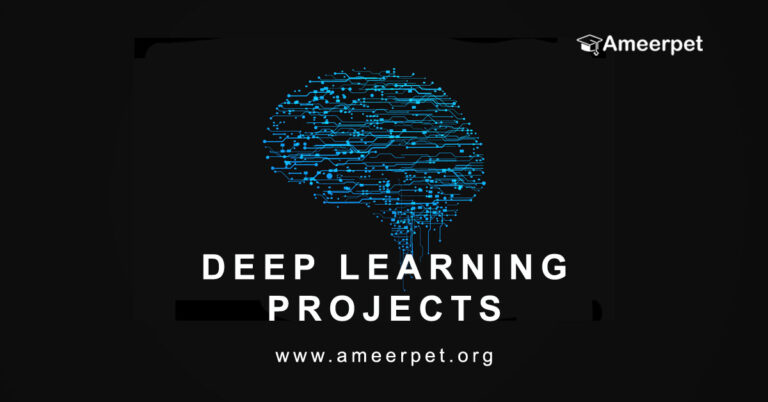
Abstract:
Big data is becoming smart data as IoT devices and traffic explode, helping data scientists understand human behavior through mobility and resource use in public spaces. Smart data markets predict crimes and COVID-19 outbreaks. These smart services require users to consent to third-party data collection. The privacy policy does not state whether user data can be tracked. Many consortium/private blockchains use raft algorithm to ensure data transparency. The raft algorithm requires nodes to check many messages per transaction. As nodes increase, the leader node’s burden degrades the system. This paper proposes dividing a certain number of transactions into cells to process them without additional protocol. The proposed scheme uses a high-accuracy, data-private federated learning model to determine the optimal cell size in a blockchain system to reach consensus on multiple servers. Thus, the CBR (Cell-based Raft) consensus algorithm reduces the number of messages without altering the concept of the raft algorithm to maintain stable throughput in the smart data market, where massive transactions occur.
Note: Please discuss with our team before submitting this abstract to the college. This Abstract or Synopsis varies based on student project requirements.
Did you like this final year project?
To download this project Code with thesis report and project training... Click Here


